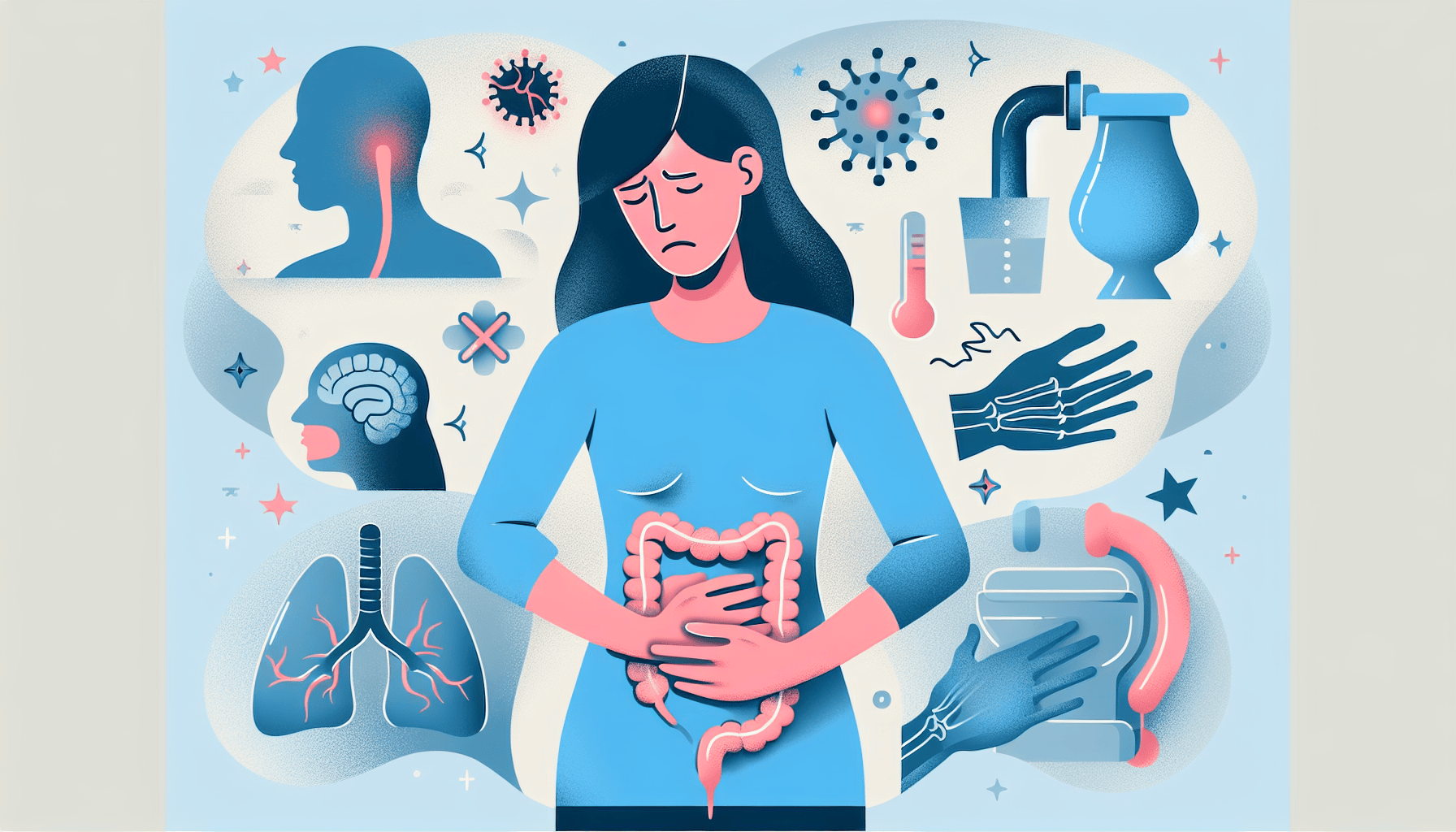Vaginal Dryness During Menopause
Meta Description: Understand why vaginal dryness during menopause occurs and explore effective treatments, from moisturizing therapies to low-dose estrogen and laser [...]
Read More
Medically reviewed by Oghenefejiro Okifo | MD, Harvard Medical School | Henry Ford Hospital - Detroit, MI on May 16th, 2023.
Complete blockage prevents any gas or stool passage and requires emergency surgery within 6-12 hours, while partial obstructions may resolve with conservative treatment over 24-48 hours.
Adhesions from previous abdominal surgery cause 60-70% of small bowel obstructions, typically developing months to years after the initial procedure.
Classic symptoms follow a specific pattern: cramping pain around the navel occurs first, followed by vomiting (which may become fecal-smelling), then inability to pass gas, and finally abdominal distension.
Nasogastric decompression removes 1-3 liters of trapped fluid and gas, providing immediate relief while allowing surgeons to determine if surgical intervention is necessary.
Mortality rates jump from 3% to 30% when treatment is delayed beyond 36 hours due to complications like bowel perforation, tissue death, and systemic infection.
Bowel obstruction is a serious medical condition that occurs when a part of the small or large intestine becomes fully or partially blocked. This blockage can prevent food, fluids, and gas from passing through the digestive tract, leading to potentially life-threatening complications. If you suspect that you or a loved one may have a bowel obstruction, it is crucial to seek medical attention immediately.
The symptoms of bowel obstruction can vary depending on the location and severity of the blockage. Some common signs and symptoms include:
Abdominal pain and cramping, usually around the belly button
Constipation or inability to pass gas
Nausea and vomiting
Swelling and bloating of the abdomen
Loss of appetite
Diarrhea (in cases of partial obstruction)
In addition to these symptoms, you may also experience signs of dehydration, such as dark urine and a rapid heartbeat. If you have been constipated and notice any of these symptoms, contact your doctor immediately for guidance.
Bowel obstruction can occur due to various reasons, including:
Twisting of the intestine (volvulus)
Inflammation and swelling of the bowel (e.g., due to diverticulitis or inflammatory bowel diseases like Crohn's disease)
Telescoping of one part of the intestine into another (intussusception), which is more common in young children
Abdominal adhesions or scar tissue formed after surgery
Hernias or other types of narrowing in the intestine
Tumors or growths blocking the bowel, such as colon cancer
Ingestion of foreign objects that cannot be digested
Gallstones obstructing the intestine
Certain factors can increase your risk of developing a bowel obstruction, including a history of abdominal surgeries, inflammatory bowel diseases, and certain cancers.

To diagnose a bowel obstruction, your doctor will review your medical history, perform a physical examination, and may order blood tests to check for signs of dehydration or infection. Imaging tests, such as X-rays, CT scans, or ultrasounds, can help confirm the diagnosis and locate the blockage.
Treatment for bowel obstruction depends on the severity and cause of the blockage. In most cases, hospitalization is necessary to stabilize the patient's condition and provide appropriate care. Treatment options may include:
Intravenous fluids to treat dehydration and provide nutrition
Medications to relieve pain, nausea, and infection
Nasogastric tube insertion to decompress the stomach and remove built-up fluids and gases
Bowel rest to allow the intestine to clear the obstruction naturally
Stent placement to open the blocked area
Bowel decompression through colonoscopy or surgery
Surgery to remove the obstruction, repair a hernia, or remove damaged portions of the intestine
In some cases, a temporary or permanent colostomy or ileostomy may be necessary to allow the intestine to heal properly.
If you have experienced a bowel obstruction in the past, there are steps you can take to reduce your risk of recurrence. These include:
Staying well-hydrated by drinking enough fluids
Eating smaller, more frequent meals throughout the day
Chewing your food thoroughly
Avoiding high-fiber foods, raw fruits and vegetables, and fiber supplements
Engaging in regular exercise for at least 30 minutes most days of the week
Always follow your doctor's instructions and attend regular check-ups to monitor your digestive health.
Bowel obstruction is a serious condition that requires prompt medical attention. If you experience symptoms such as severe abdominal pain, constipation, inability to pass gas, nausea, and vomiting, contact your doctor immediately or seek emergency care. Early diagnosis and treatment can help prevent potentially life-threatening complications, such as tissue death, perforation, infection, and sepsis.
For more information on bowel obstruction, consult the following reputable sources:
This medical emergency requires immediate hospital evaluation within hours of symptom onset, as the difference between conservative management and emergency surgery often depends on how quickly treatment begins. The combination of severe abdominal pain, vomiting, and complete inability to pass gas demands urgent medical attention. If you're experiencing these warning signs, Doctronic can help you understand your symptoms and guide you toward appropriate emergency care.
Meta Description: Understand why vaginal dryness during menopause occurs and explore effective treatments, from moisturizing therapies to low-dose estrogen and laser [...]
Read MoreMeta Description: Discover why perimenopause causes itching and explore effective relief strategies, from hormone therapy to skincare tips, to soothe dry and itchy skin.When [...]
Read MoreMeta Description: Understand why weight gain during perimenopause occurs and learn how to manage it through protein intake, resistance training, and better sleep habits.Why [...]
Read More